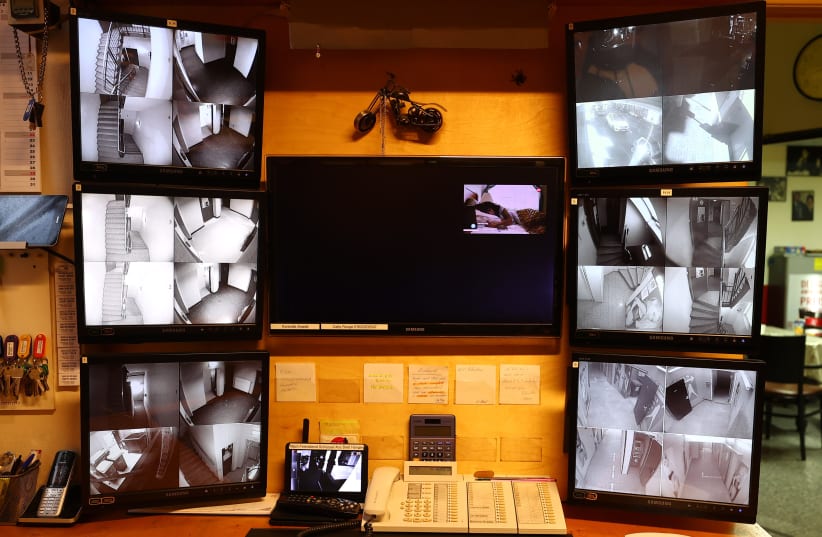All indications are that the reinstatement of Shin Bet (Israel Security Agency) surveillance of coronavirus infected citizens since Thursday has been utter chaos.
Reports contain stories of tens of thousands of citizens receiving text messages warning them to quarantine because of their alleged close contact with someone with coronavirus, but many of the messages seem to be demonstrable mistakes.
In addition, the Health Ministry has not merely been inadequately staffed to field all of the calls from citizens to verify or dispute the text they received. Rather, reports say that the Health Ministry did not even plan to have staffing to receive calls during night hours or weekends – with the weekend being the time period when almost all of the messages went out.
Many citizens complained that they spent hours waiting on hold to try to clarify their situation, but to no avail.
This could put large numbers of citizens in the predicament of having to go into quarantine arbitrarily because they could not get through to someone at the Health Ministry to contest the information about them, or refusing to quarantine, and thus breaking the law.
A large volume of citizens have given stories to the media indicating that at the time they were told they came into contact with someone with the virus (time of supposed contact is the only information they are given) they were either asleep at home or alone in their office.
In other words, it would seem to be impossible that they were exposed to the virus at the moment identified by the Shin Bet and the Health Ministry.
Some citizens who say they were misidentified speculated that the Shin Bet tool might have identified them as coming within two meters of someone in their office building who was on a different floor right below them, but that the tool cannot grasp such subtleties.
Suspicions about accuracy of the Shin Bet tool and false positives is not speculative. In hearings before the Knesset Intelligence Subcommittee, the government admitted that 93% of those sent into quarantine by the Shin Bet did not become infected.
Of course, it is possible that many of these individuals were in fact physically close to someone with the virus and simply did not get infected.
However, many experts believe that the Shin Bet tool, even if superior to other tools in terms of identifying more potentially infected persons, has substantial holes in identifying false positives.
Critics of the Shin Bet program say that a voluntary cellphone application, Magen 2, plus Bluetooth and other parallel programs, could help the state track coronavirus infection trends while harming citizens’ privacy less.
These are tactics being used by many other democracies.
Supporters of the program note that the Shin Bet tool identified around 30% of the 16,000 citizens infected in the initial coronavirus wave above what any other method could have identified.
The Shin Bet directed The Jerusalem Post’s questions to the Health Ministry.
The Health Ministry had issued a statement early Sunday responding in general to the allegations, saying “The Health Ministry started sending many text messages on Thursday following identifications of the Shin Bet [of persons who were close to someone with coronavirus.] As a result of this, many inquiries were received at the *5400 call center and the wait time was extremely long. The Health Ministry is acting to quickly improve the accessibility and timeliness of this service.”
Pressed by the Post to explain why the ministry had not prepared for this eventuality in advance after it had been pressing for weeks for restoring the Shin Bet surveillance program over opposition from Shin Bet Director Nadav Argaman himself, there was no response.
The ministry responded that they will add staff members to deal with these issues in the coming days.
